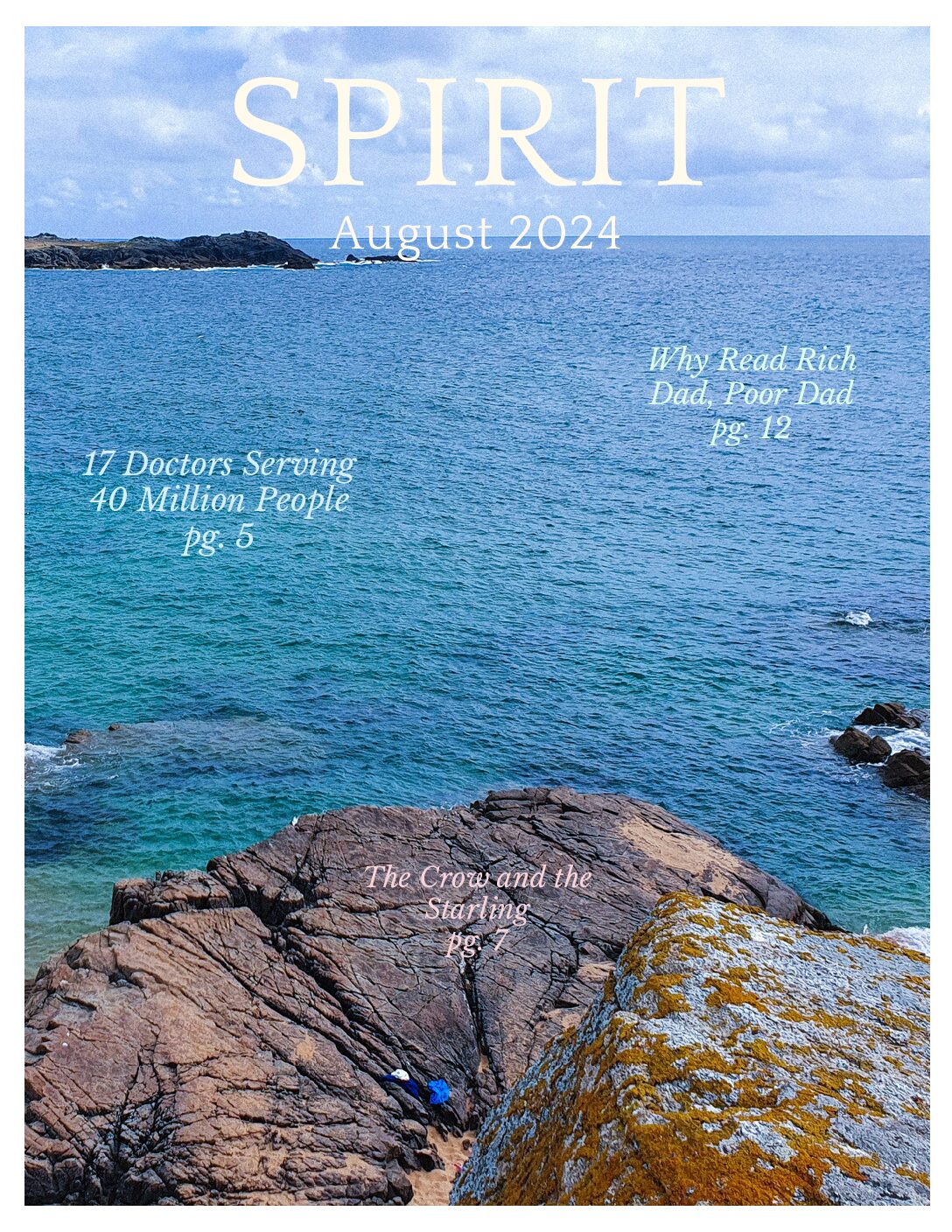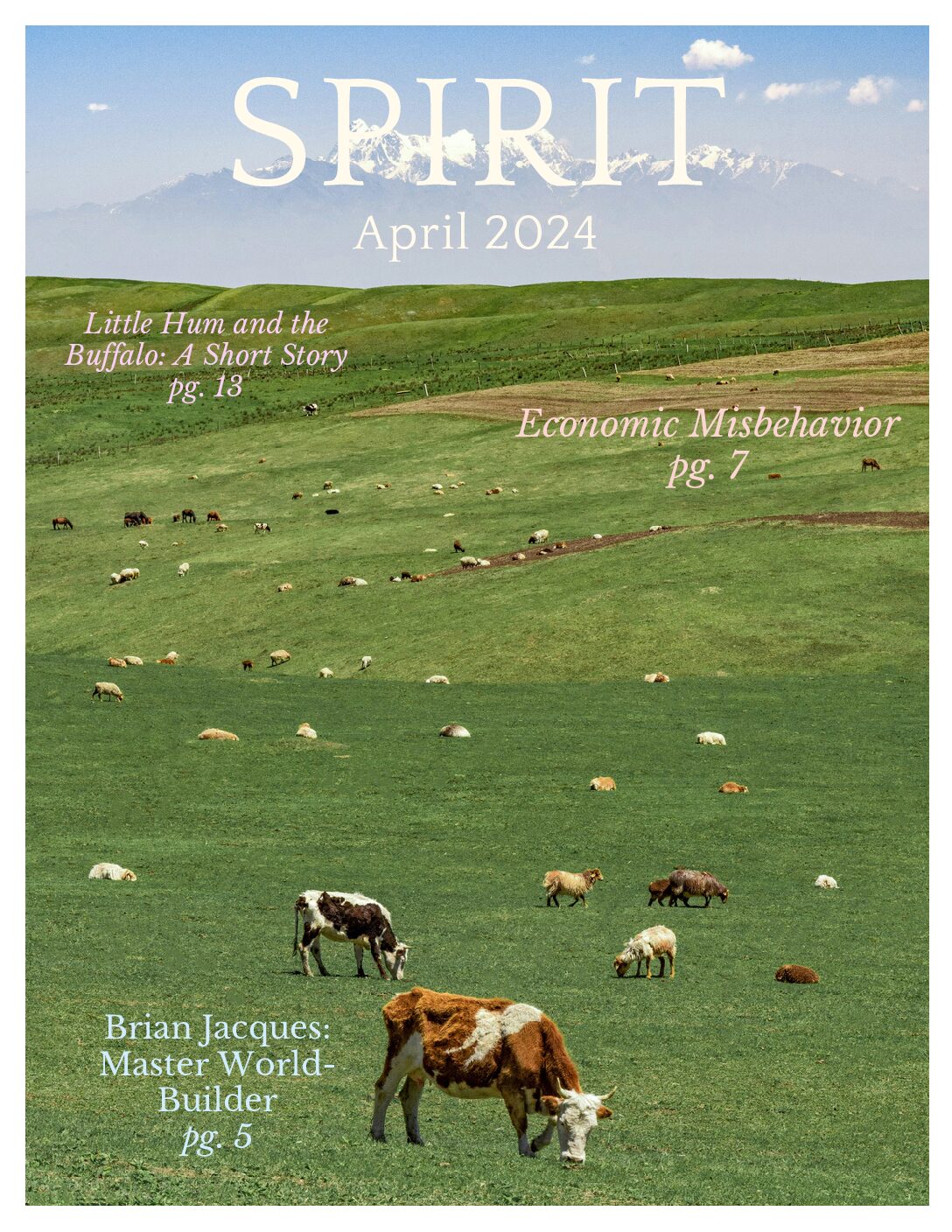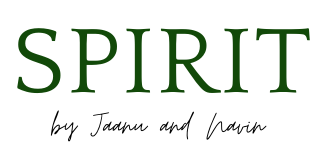Project ECHO: Touching The Whole World
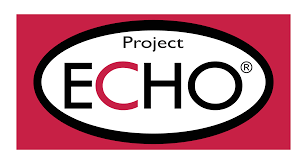
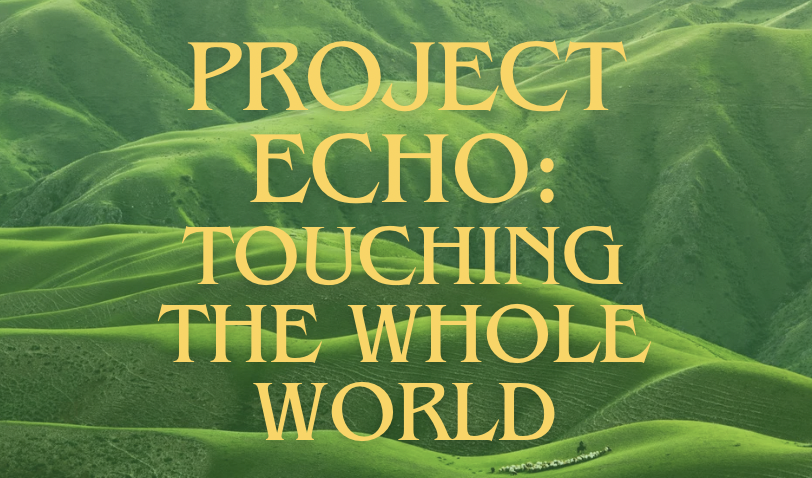
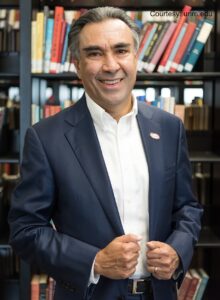 When Dr. Sanjeev Arora created the “all teach, all learn” ECHO Model as a knowledge-sharing infrastructure to serve communities in New Mexico, he dreamed that someday, the world would feel the impact of the plan. Empowering local communities to access expert knowledge from where they live is an extremely powerful vision, and Dr. Arora knew that it would be a way for many people to access the benefits of public health, that normally, only a few could access.
When Dr. Sanjeev Arora created the “all teach, all learn” ECHO Model as a knowledge-sharing infrastructure to serve communities in New Mexico, he dreamed that someday, the world would feel the impact of the plan. Empowering local communities to access expert knowledge from where they live is an extremely powerful vision, and Dr. Arora knew that it would be a way for many people to access the benefits of public health, that normally, only a few could access.
Project ECHO is now a global model – one that addresses the greatest challenges with the simple concept of “right knowledge at the right place at the right time” – saving millions of lives!
Making knowledge accessible at the right time is the key concept of Project ECHO.
Project ECHO is a proven, successful methodology. The New England Journal of 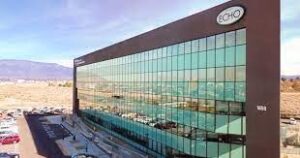 Medicine did a thorough, rigorous evaluation in 2011 and the result showed that care delivered to hepatitis C patients by ECHO trained providers was equal to that of specialists in New Mexico.
Medicine did a thorough, rigorous evaluation in 2011 and the result showed that care delivered to hepatitis C patients by ECHO trained providers was equal to that of specialists in New Mexico.
Essentially, Project ECHO is a model where health specialists in one given location train healthcare providers in more remote locations- so that the specialized knowledge of the former can reach a much wider population.
ECHO was founded to meet the needs of New Mexicans, using video conferencing and telementoring. This mission continues to this day, serving the underserved and rural communities. This has not only led to the growth of expertise in rural areas but also improved healthcare outcomes across the Land of Enchantment.
1 in 3 New Mexicans live in rural areas, where there is a heavy shortage of healthcare providers. Obesity and diabetes are disproportionately higher here. Teen pregnancy among Latino females is higher than in any other racial and ethnic population in New Mexico. Substance use and alcohol use is also prevalent among Native Americans, leading to more deaths. ECHO enables community and healthcare providers to learn best practices in behavioral health, diabetes, substance use disorders, child wellbeing and education.
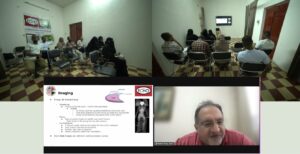 During an ECHO session, real cases are presented by the specialists and discussed by the group. The participants learn from each other, while knowledge and understanding are tested and refined through a local lens. There is continuous learning, mentoring and peer support throughout the process which leaves a lasting impact beyond the webinar or e-learning. The holistic approach benefits everyone involved in ECHO. Above is an example of an ECHO session by the Sudanese American Medical Association (SAMA).
During an ECHO session, real cases are presented by the specialists and discussed by the group. The participants learn from each other, while knowledge and understanding are tested and refined through a local lens. There is continuous learning, mentoring and peer support throughout the process which leaves a lasting impact beyond the webinar or e-learning. The holistic approach benefits everyone involved in ECHO. Above is an example of an ECHO session by the Sudanese American Medical Association (SAMA).
ECHO uses technology to address scarcity of resources, reducing complexity in the process of knowledge sharing and following best practices that become standards across the globe. The outcomes are monitored, and data collected is evaluated to measure impacts of these sessions. It is an exponential benefit, one triggered by a multiplier effect as one ECHO specialist contributes to development of 20+ local experts who then apply their newly acquired knowledge to improve the lives of people in their communities.

The ECHO model is a very scalable solution across multiple disciplines, not just healthcare. Studies have shown that ECHO can be used to empower various fields including education and civics. Over the last 20 years, Project ECHO has created a ripple effect in healthcare and education. The global ECHO community is working to eliminate disparities across various disciplines, as we got to witness at the ECHO conference this fall.
Dr. Arora’s vision is to touch one billion lives by 2025 and the efforts of the global ECHO team are bringing the number closer and closer to that goal. We’ve always appreciated: “we rise by lifting others.” ♥️





